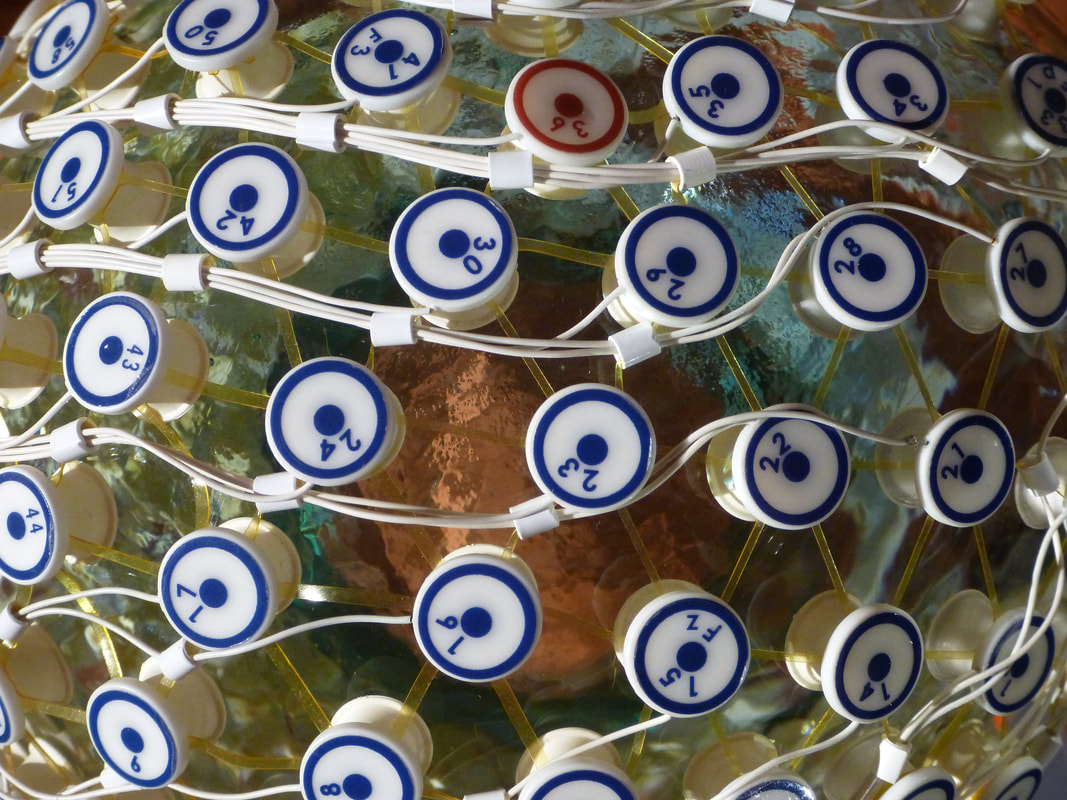The Thursday Thesis - 14/12/2017 I can almost hear you yawn when I say the word “system”, which is odd because systems are your mind’s natural way to streamline everyday life, taking repetitive events and movements from being reactions to random events through to effortless unconscious processing of known sequences. The most common example of this process for most people is learning to drive. First time behind the wheel and there’s a terrifying amount to take in: your instructor, the pedals, seat adjustment, mirrors, lights, gearshift, handbrake, ignition... and that’s before you even begin to move and encounter the world outside of the car! So, at first you are incredibly lumpy – you grind the gears, stall, lurch and bumble around at low speed; all of the time on the edge of your seat and desperate not to hit anything. In the early sessions your brain is dealing with every operation on a conscious level because everything is new and there’s no system to handle that amount of data. But, over time, your performance of the same actions in precisely the same way causes something wonderful to happen: your brain changes to improve your performance. Yes, your big ol’ brain is always changing – it actually re-shapes itself to optimise the way it processes data – we call it neuroplasticity. Ian Robertson, a neuroscientist, describes the brain as a “trembling web” in his book Mind Sculpture (link below), and it’s this mutability that is the reason people can often recover from injury or damage to the brain. So, the more you do something, the more your brain assigns and connects nerve cells to perform the activity better: what you do, regularly, sculpts your brain into an elegant and efficient system which is custom-made just for you, by you. Here’s how it works: When something is new to us, we process the data in our working memory – the short term electrical part of our three-stage memory system. Storage here lasts only a few seconds, unless there is an unusually strong associated emotional component, as in cases of trauma. With ongoing repetition of the action, our brain passes the increasingly-familiar action across to the chemical part of our memory system, conserving the scarce and precious working memory for more immediate and potentially life-threatening occurrences. Keep on doing that same thing in the same way, and something truly magical happens: your brain “grooves-in” neural pathways to enable a physical memory track to be formed, allowing rapid recall and performance of the task that was once so clumsy. If you’ve been driving for a years, you probably don’t even think about it anymore. That’s because the act of driving has been encoded into the physical structure of your brain: in a very real sense, driving has become a part of who you are. What a system! As a guitar teacher, this is exactly the approach I take with my students. I know that when a player performs the same technique with precisely the same finger and hand movements, every single time, they will encode the technique more deeply and more quickly than if they use a variety of finger movements. Without that clarity and focus of consistent repetition, there is no system for the player, so every piece of music is processed de novo, and the player struggles with a shifting and random action. Consistency forms habits, and habits are your brain’s default operating system. Change your habits, and you will change your brain: change your brain, and you will change your life. . © Neil Cowmeadow 2017
Like and Share The Thursday Thesis with your friends, family, and your cat. I’d love to hear your comments, along with any ideas you’d care to hurl at me. [email protected]
1 Comment
12/12/2017 22:14:36
I am in the process of learning how to ride a motorbike and at the same time learning how to play the piano. In driving, the scariest part for me is when I have to go around the corner. I always lose my balance and I’ll have this unshakeable feeling that I will fall. Of course, I end up unscathed every time. I think I have to practice a hundred times or so for me to build my own system of driving and with the piano.
Reply
Leave a Reply. |
Share it with your friends
It's Like This...The Thursday Thesis shares ideas which I think are worth spreading. Archives
May 2022
Categories
All
All content on these pages is the intellectual property of the author, unless otherwise stated, and may not be used in any form or reproduced under any circumstances without the authors permission.
|

 RSS Feed
RSS Feed